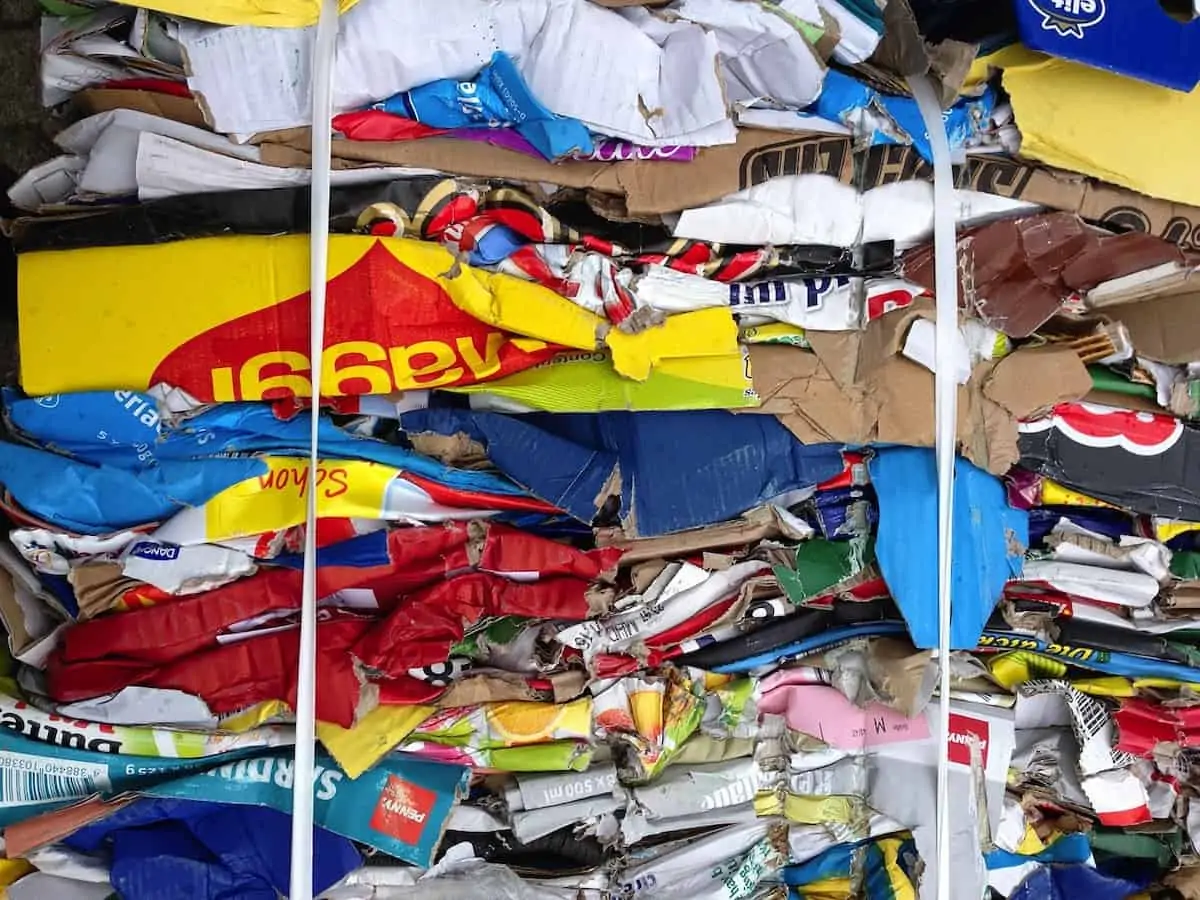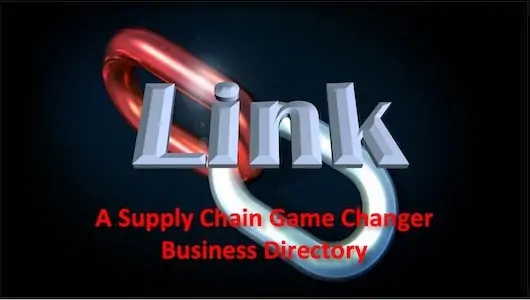Many businesses are taking active steps to manage waste, including in their choice of protective packaging and packaging supplies. They are alert to the challenges of sustainability and to the demands of the circular economy (reusing and recycling waste products), as well as to customers’ interests in eco-friendly packaging. How is Australia dealing with packaging and waste?
The government has developed initiatives to help business in their endeavours with ongoing research and guidance.
The Australian government’s initiatives to help manage waste in packaging supplies
The Federal government, in collaboration with industry, developed two initiatives: the National Plastics Plan (1) and the Australian Packaging Covenant Organisation (APCO) (2), to manage waste in protective packaging and packaging supplies.
The National Plastics Plan aims to find ways to increase plastics’ recycling, and to reduce plastics’ impact environmentally, as well as to find alternatives to plastics.
Since consumer education is essential to the National Plastics Plan, it has developed the Australasian Recycling Label (ARL) Program; it estimates that by the end of 2023, 80% of supermarket products will display the ARL on their labels.
The Australian Packaging Covenant Organisation (APCO) has developed several ambitious targets which it aims to achieve by 2025, including:
- All plastic packaging will be reusable, recyclable or compostable;
- Unnecessary plastic packaging will be phased out.
The “circular economy” is central to the ongoing Australian business and government initiatives to deal with packaging and waste, so what does it involve?
The circular economy: circularity in managing waste
As the name suggests, the circular economy involves circularity in managing waste. Ideally, all waste is eliminated in protective packaging and packaging supplies. Packaging products are reused, shared, remanufactured and recycled in a closed loop. Fresh inputs, such as wood and plastics, are minimized, as are pollution and carbon emissions.
The Commonwealth Scientific and Industrial Research Organization (CSIRO) is a leader in discovering opportunities for Australian businesses in the creation of a circular economy.
CSIRO reports (3):
In 2019, CSIRO was tasked to lead the development of a Circular Economy Roadmap. This project reviews four materials that are common waste streams in our economy: plastics, tyres (automotive and mining), glass and paper.
By 2030, the CSIRO’s aims for Australia include:
- A 10% reduction in the total waste per person;
- An 80% recovery rate of resources from waste materials.
Few would argue that plastics are a huge challenge in dealing with packaging supplies and waste. APCO has an Action Plan (4) to deal with single-use plastic packaging by 2025.
Protective packaging, plastics, and APCO’s initiatives
The APCO Action Plan’s major target is that by 2025, 100% of packaging will be reusable, recyclable or compostable. It has also identified nine “problematic and unnecessary single-use plastic packaging for immediate action.”
The Guardian (7) reports:
By July 2022, Australia should have phased out plastic packaging products that do not meet compostable standards, as well as polystyrene used in loose and moulded forms for a wide range of consumer goods.
One of the biggest challenges for industry in managing protective packaging is identifying plastics and other materials which are compostable.
APCO has created resources and initiatives to help. In June 2021, APCO released a report: the “National Compostable Packaging Strategy”. (5) It says that although businesses regard compostable packaging as a possible solution to packaging waste and meeting the 2025 National Packaging Targets, there is much confusion around it.
A major challenge is not only the limited collection and processing facilities for compostable packaging, but also, simply identifying compostable packaging and non-compostable packaging.
To help with these challenges, APCO created a resource, “Considerations for Compostable Plastic Packaging”. The resource defines terms; today’s landscape for compostable plastics’ protective packaging; as well as potential applications for compostable plastics’ packaging.
The Australasian Recycling Label Program: clarifying the packaging supplies’ recycling processes
The Australasian Recycling Label (ARL) Program (6) is a key strategy in implementing the circular economy and managing the recycling of packaging waste. It was created in 2018 and is endorsed by all levels of government from local and state to the federal level. It’s been adopted by many hundreds of companies including Woolworths, Coles, and Australia Post.
In essence the on-pack ARL label helps a business’s customers to understand whether a product can be recycled and how to recycle it.
Two advisory bodies assist in the ARL Program’s governance, the Technical Advisory Committee (TAC) and the Marketing Advisory Committee (MAC). These bodies ensure that every part of the packaging supply chain has a say in the ARL Program’s decisions.
Emerging technologies and processes mean that protective packaging and packaging supplies undergo rapid innovation. Therefore, the ARL Program offers an appeal process for its decisions and implementations.
Australia’s ambitious targets for eliminating waste in protective packaging and packaging supplies
With 2025 looming, Australia has created ambitious targets for the creation of a circular economy and dealing with packaging waste. However with both industry and consumers on board, the targets may well be achievable.
References
(2) APCO
(5) National Compostable Packaging Strategy
(6) ARL program
(7) The Guardian


